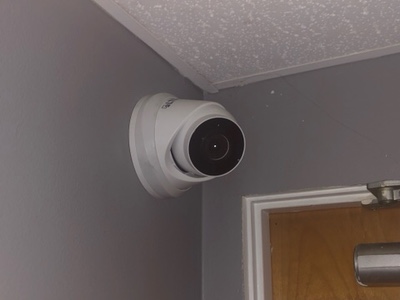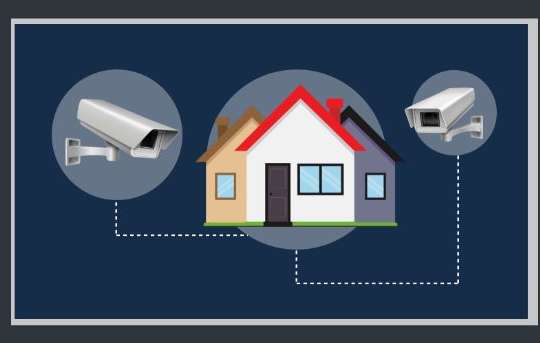
To get a reliable security system for your business, it’s important to focus on several key factors to ensure you’re effectively protecting your property, assets, and employees. Here’s a step-by-step guide to help you choose the best security system:
1. Assess Your Needs
- Size of the business: A larger business may require a more complex system with multiple cameras and access control points, while a smaller business may have simpler needs.
- Type of business: The type of business (retail, office, warehouse, etc.) influences the kind of security system needed.
- Specific vulnerabilities: Identify areas at risk for theft, vandalism, or unauthorized access (e.g., entrances, windows, sensitive areas).
2. Choose the Right Type of Security System
- Surveillance Cameras (CCTV): Install high-definition cameras inside and outside of your building. Choose cameras with night vision, motion detection, and remote access capabilities.
- Alarm Systems: A reliable alarm system with monitoring services can alert authorities in case of unauthorized access or emergencies.
- Access Control: Use key cards, biometrics, or PIN codes to control entry to restricted areas of your business.
- Motion Detectors: These can be used in conjunction with alarms to trigger alerts when movement is detected in specific areas.
- Security Lighting: Ensure proper outdoor lighting around entrances, parking lots, and blind spots to deter criminal activity.
3. Select a Reputable Security Provider
- Research local and national security companies. Look for ones with a strong reputation, customer reviews, and proven reliability.
- Check if they offer 24/7 monitoring services and professional installation.
- Ensure they can provide ongoing maintenance and support.
4. Cloud-Based or On-Site Storage
- Consider cloud-based video surveillance solutions for remote access to footage, easier management, and better data security.
- Alternatively, on-site storage may be preferable for businesses with strict data control policies.
5. Mobile Access
- Opt for a system with a mobile app that allows you to monitor the security of your business from anywhere in real-time.
- Ensure the system sends instant alerts to your phone or email in case of suspicious activity.
6. Integration with Other Systems
- A modern security system can integrate with your other business systems (e.g., fire alarms, HVAC systems, etc.) for increased efficiency and responsiveness.
- Consider integrating video analytics software, which can automatically alert you to suspicious behavior or abnormal activity.
7. Budget Considerations
- Determine how much you are willing to spend and choose a security system that provides the best value without cutting corners on critical features.
- Factor in costs for installation, monitoring, maintenance, and any necessary upgrades.
8. Test and Review the System
- Once installed, conduct regular tests of your security system to ensure it’s functioning properly.
- Have your staff trained on how to operate and respond to security alerts.
9. Stay Updated on New Security Technologies
- Security technology is constantly evolving. Stay informed about new features and upgrade your system when necessary to maintain a high level of protection.
By following these steps, you can ensure that you implement a reliable and effective security system for your business that suits your specific needs and offers long-term protection.


